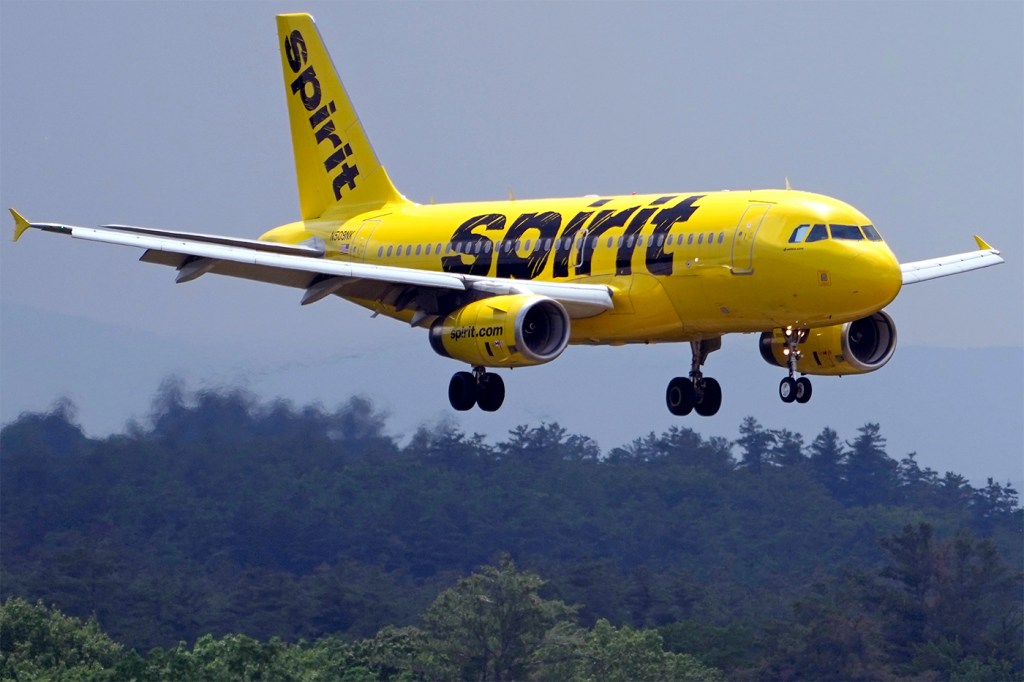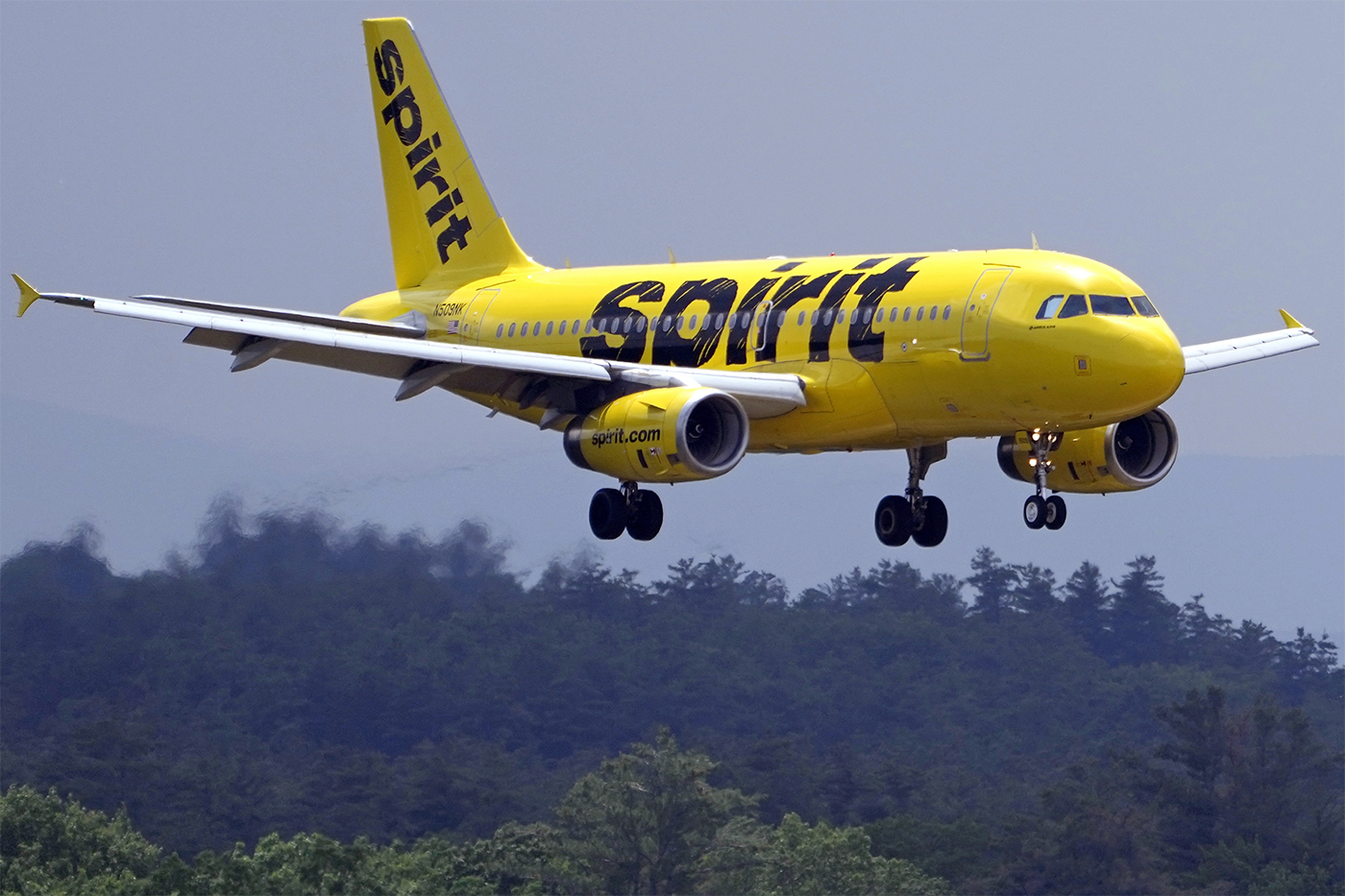
Roughly a year after a judge sided with the Department of Justice to stop a merger with JetBlue, Spirit Airlines filed for bankruptcy protection this week.
Northeastern University airlines expert Ravi Sarathy says the news was hardly a surprise, as Spirit faced challenges with debt, competition and increased labor costs.
“If you look at the financials, this has been building up for a while,” says Sarathy, professor of international business and strategy at Northeastern’s D’Amore-McKim School of Business. “Even during the court hearings, the judge noted that Spirit was not in great financial shape.”

Spirit filed a Chapter 11 bankruptcy petition after negotiating terms with debt holders. The airline has lost more than $2.5 billion since the start of 2020 and faces looming debt payments totaling more than $1 billion in 2025 and 2026, according to the Associated Press. Spirit says it expects to continue operating normally during the bankruptcy process.
Though Spirit will still fly, Sarathy says customers will lose out.
“It’s not really going to be great for consumers post-bankruptcy,” Sarathy says. “You’ll still have the option of a low-cost airline, but with some reduced traffic, fewer routes, slightly higher fares possibly — that’s the reality.”
The airline said it expects to continue operating normally during the bankruptcy process, and had received commitments for a $350 million equity investment from existing bondholders and will convert $795 million of their debt into stock in the restructured company. The bondholders will also extend a $300 million loan to help the airline get through the restructuring.
But the news is a vast change of fortunes for a company that was poised for a $3.8 billion sale to JetBlue in July 2022. The merger would have produced the country’s fifth-largest airline; but in March 2023, the DOJ sued to block the sale under antitrust law.
Sarathy says that Spirit faced pressures in addition to antitrust concerns, however.
With the looming debt payments of more than $1 billion, Sarathy says, the airline would have to go to lenders to try to restructure and extend the loans at, likely, a higher interest rate.
In addition to cash flow problems and bills coming due, the airline also faced competition from bigger airlines that had copied Spirit’s no-frills travel after business travel cratered during the pandemic.
“Today, when you fly Delta or United or American, you’ve got that bare bones seat — the middle seat stuck in the back of the plane — you pay for choosing a better seat, you pay for bringing a small suitcase on board to put in the overhead compartment, you pay to board early, etc.” Sarathy says. “So, the bigger airlines in order to fill their planes, started offering really a version of what Spirit was offering.”
Add in a pilot shortage and Spirit’s new contract boosting pilot pay, the airline’s Pratt and Whitney engines grounding flights, and the high costs of the airline industry — which Sarathy calls an “oligopoly” because four airlines dominate 80% of the air traffic — and restructuring under bankruptcy must have looked more and more attractive to Spirit, Sarathy says.
But Spirit’s predicament doesn’t mean low-cost airlines are doomed to failure.
“There’s always going to be a need for low-cost airlines,” Sarathy says. “Ryanair shows it’s possible, and it’s just a matter of being well funded.”
And with a new administration’s DOJ overseeing the airline industry, might a future merger be in store? After all, debtholders now control Spirit and will be looking to get out of that role.
“I think Spirit will continue,” Sarathy says. “But it’ll be more interesting to see after bankruptcy who actually ends up taking control of Spirit and whether any Justice Department initiatives will oppose possible control initiatives.”


